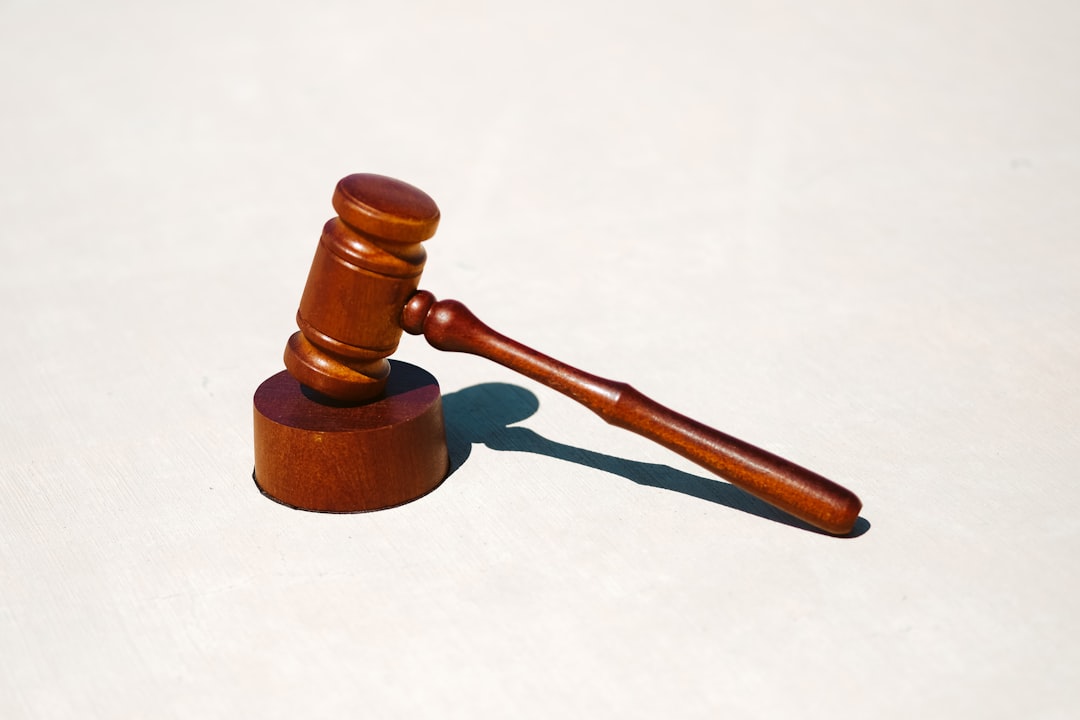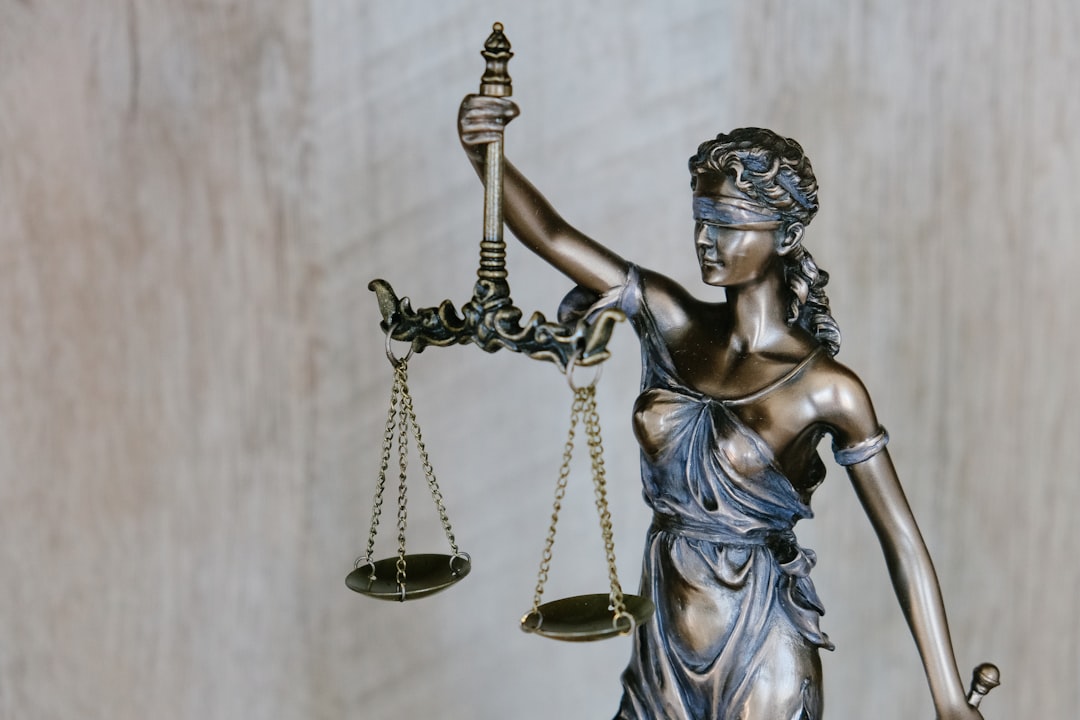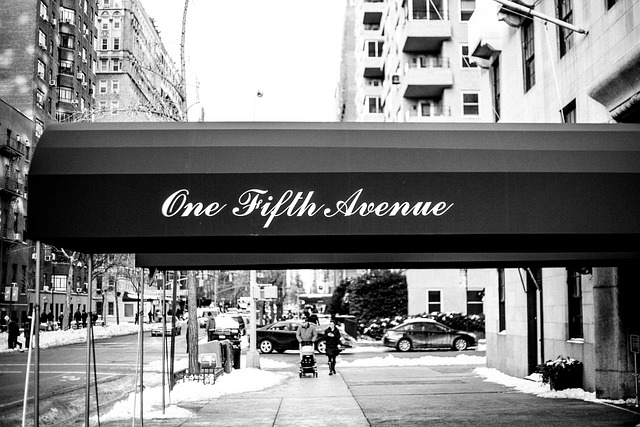Finding Justice: Navigating Legal Processes for Sexual Abuse Victims in New York
In New York, seeking justice for sexual abuse is a critical step towards healing. This article explores the crucial role of legal advocates specialized in sexual assault cases. We delve into the state’s sexual abuse laws and guide readers through the complex legal process. Understanding your rights is essential, especially with the support of an experienced sexual abuse lawyer in New York. Additionally, we provide resources for survivors, emphasizing that help is available.
Understanding Sexual Abuse Laws in New York
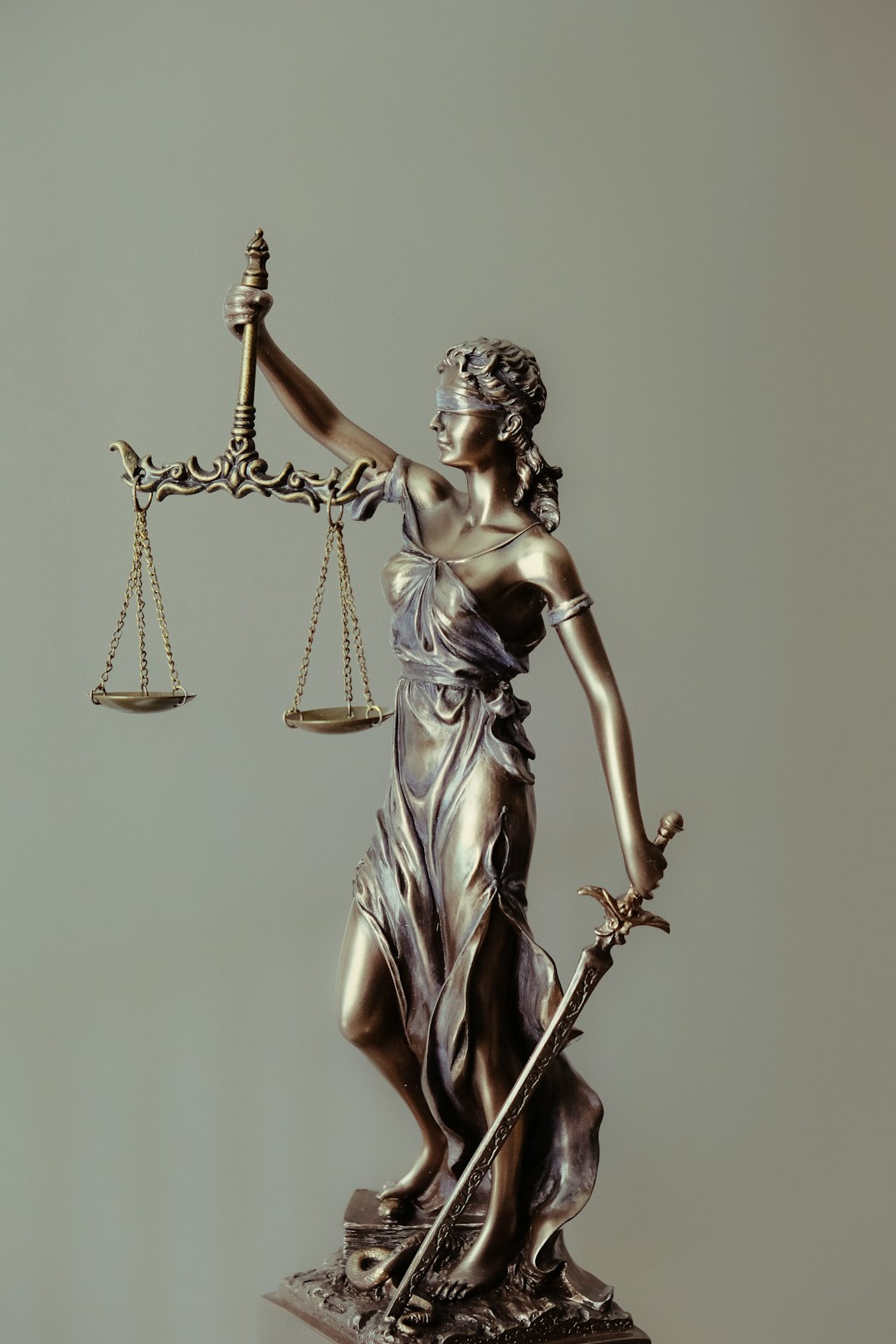
In New York, sexual abuse laws are designed to protect victims and hold perpetrators accountable. If you or someone you know has experienced sexual assault, understanding your legal rights is crucial. A qualified sexual abuse lawyer in New York can guide victims through the complex legal system, ensuring their case receives the attention it deserves. They can help explain the various types of sexual offenses, penalty structures, and the statute of limitations, providing a clear path forward for justice.
New York’s legal framework recognizes different forms of sexual abuse, including rape, sexual assault, and lewd conduct, each with distinct classifications and penalties. A sexual abuse lawyer familiar with local laws can help victims navigate these definitions and determine the most appropriate charges against their assailants. Additionally, they can assist in gathering evidence, interviewing witnesses, and preparing a strong case to support the victim’s journey towards justice and healing.
The Role of a Specialized Lawyer

A specialized lawyer for sexual abuse in New York plays a crucial role in advocating for survivors and holding perpetrators accountable. These attorneys are equipped with extensive knowledge of state laws, local legal systems, and the unique challenges faced by victims of sexual assault. They provide much-needed support, guiding clients through complex legal procedures while ensuring their rights are protected.
With experience navigating sensitive cases, these legal advocates know how to handle evidence collection, expert witness testimony, and court proceedings related to sexual abuse. Their expertise enables them to offer tailored strategies, ensuring a robust defense or effective prosecution. They also understand the emotional toll of such cases and strive to create a safe, non-judgmental environment for clients, fostering trust and empowering survivors to speak out.
Navigating the Legal Process

Navigating the legal process after experiencing sexual abuse can be incredibly daunting. In New York, victims have rights and there are dedicated legal advocates who specialize in handling such cases. A sexual abuse lawyer in New York understands the complexities involved and can guide survivors through the intricate steps of filing a lawsuit or pressing charges. They ensure that the victim’s story is accurately represented, protecting their privacy and well-being throughout the process.
These professionals have extensive knowledge of state laws and regulations related to sexual assault cases. They help victims understand their legal options, collect evidence, interview witnesses, and represent them in court. With their expertise, survivors can seek justice and hold perpetrators accountable while receiving the support they need during this challenging time.
Support and Resources for Survivors
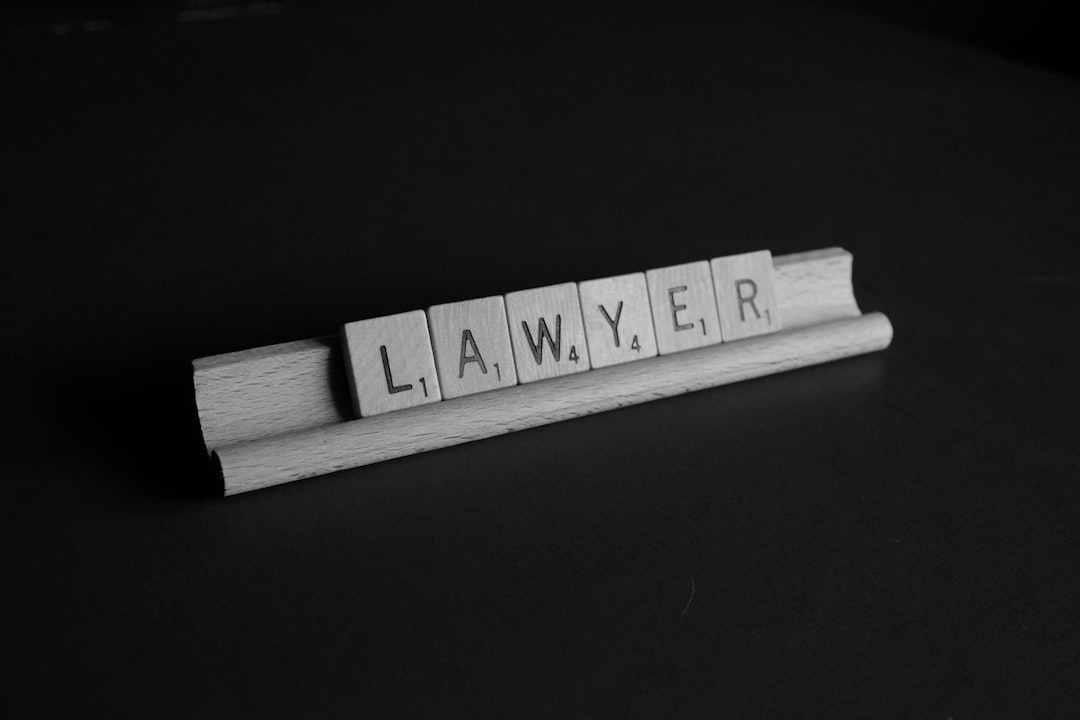
For survivors of sexual abuse in New York, there are numerous resources and support systems available to help them navigate their journey towards healing. A qualified sexual abuse lawyer in New York can be a crucial ally, offering legal guidance while also connecting survivors with vital support services. These services often include counseling, therapy, and advocacy groups specifically tailored to address the unique challenges faced by sexual abuse victims.
Many organizations in New York State provide comprehensive assistance, from immediate crisis intervention to long-term recovery programs. Survivors can access legal aid, understand their rights, and take appropriate legal action against perpetrators or institutions responsible for the abuse. This support network is essential in helping individuals process trauma, rebuild their lives, and find justice.

